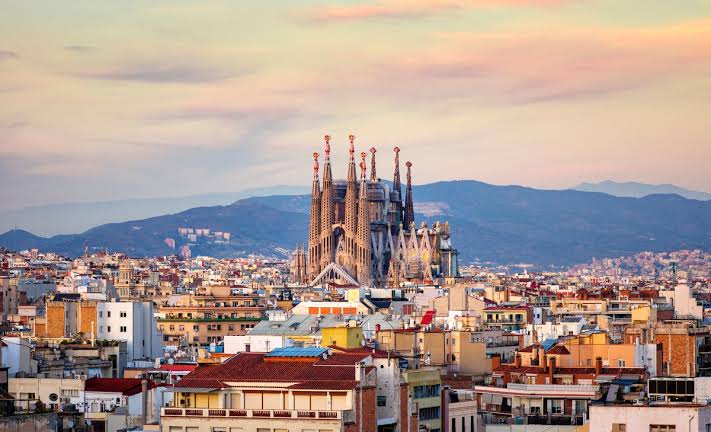Barcelona, July 22, 2024, The Europe Today: The city of Barcelona is set to propose a significant increase in the tourist tax for cruise passengers who stay in the city for less than 12 hours, Mayor Jaume Collboni revealed in an interview with El Pais on Sunday. This move is part of a series of measures aimed at mitigating the impact of mass tourism on the city.
“We are going to propose… substantially increasing the tax for stopover cruise passengers,” Collboni stated. This announcement follows recent demonstrations in Barcelona, where protesters, chanting “Tourists go home,” sprayed visitors with water as a sign of opposition to the overwhelming number of tourists.
Focus on Sustainable Tourism
According to Statista, Barcelona reported the highest number of cruise passengers last year, with approximately 3.6 million visitors. Currently, the tourist tax for stopover cruise passengers is €7 ($7.61) daily. While Collboni did not specify the new tax amount, he emphasized the reasons behind the increase.
“In the case of stopover cruise passengers (less than 12 hours), there is intensive use of public space without any benefit for the city and a feeling of occupation and saturation,” he explained. “We want to have tourism that is respectful of the destination.”
Collboni also announced last month that Barcelona will prohibit apartment rentals to tourists by 2028 and has introduced other tourist taxes to manage the influx of visitors.
Wider Context of Anti-Tourism Protests in Spain
This initiative comes amid a broader wave of anti-tourism protests in popular holiday destinations across Spain, including Palma de Mallorca, Malaga, and the Canary Islands. Activists argue that mass tourism contributes to rising living costs, housing shortages, and environmental degradation.
In Mallorca, protests against the excesses of mass tourism have been particularly vocal. On Sunday, activists planned another demonstration, following a rally eight weeks ago where around 10,000 people marched in Palma under slogans such as “Enough is Enough!” and “Mallorca Is Not for Sale!”
Despite tourism being essential for Mallorca, accounting for 45% of the island’s economic output, many residents believe that the benefits are limited to a minority, while the majority face poorly paid jobs, housing shortages, traffic jams, noise, and pollution.
Barcelona’s new measures reflect a growing sentiment in tourist-heavy cities to balance the economic benefits of tourism with the need to maintain quality of life for residents and preserve the city’s cultural and environmental integrity.














